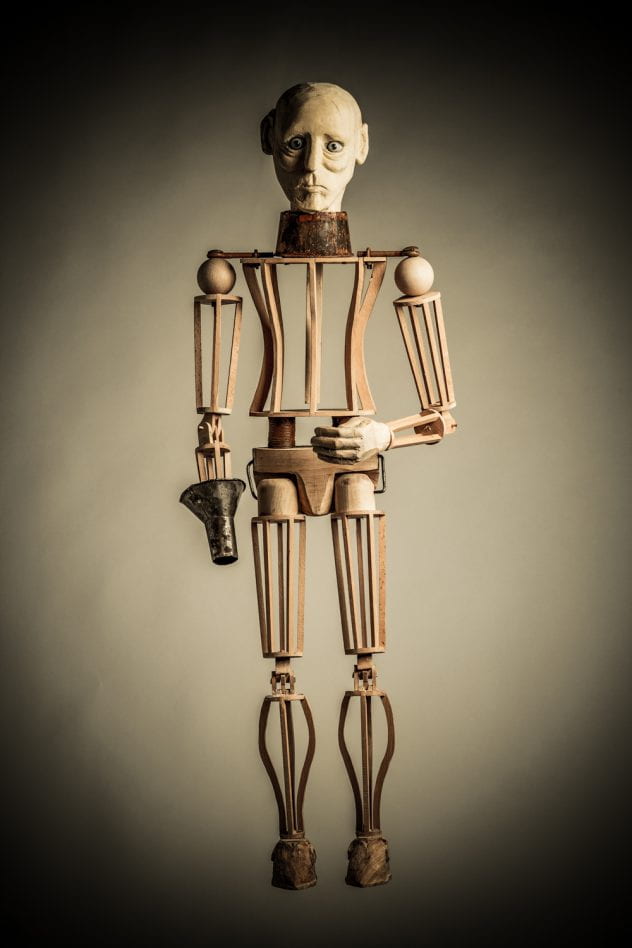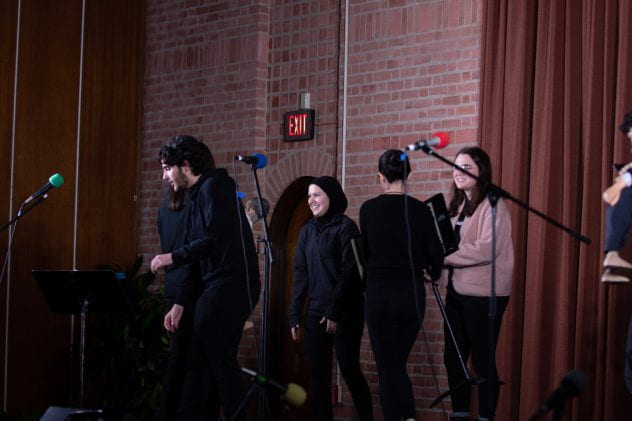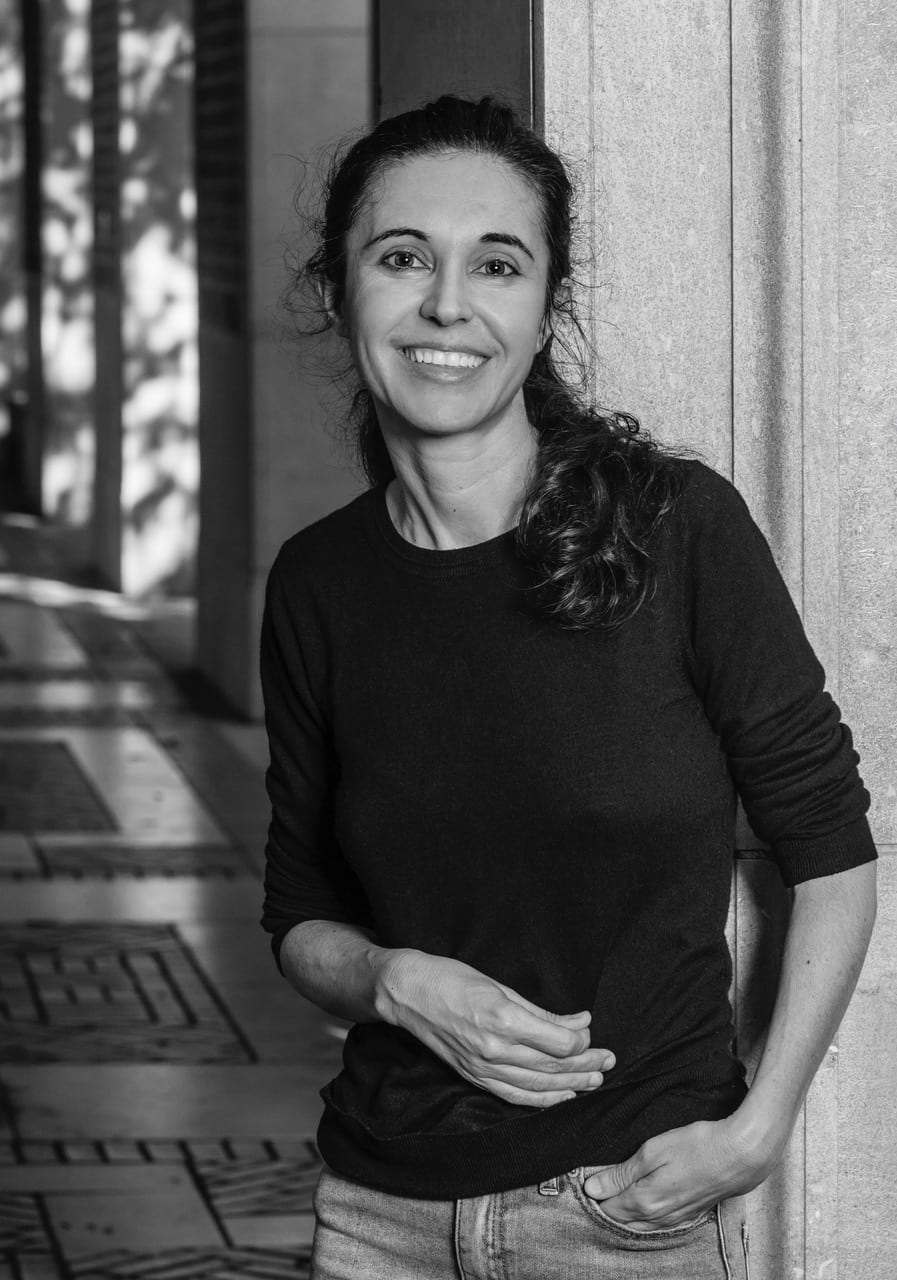
About the Project
THE THEATER LAB PROJECT is a curricular initiative that implements the creative arts within the study of Spanish Peninsular literature. This course will explore how Spanish Theater from the 1600’s to the 21st Century has influenced, both as literature and as a performance art, constantly evolving national identities. We will discuss pressing themes related to culture, politics, religion and society, such as social and sexual inequality, repression, violence, rebellion, immigration, gender, faith, love, etc.
However, we will examine these plays not only as written texts, but also as playable material meant to be lived on stage. While half of the course will be devoted to studying the plays from a literary, critical and analytical lens, the other half will explore theatre through various aspects of staging, such as dramaturgy, acting, translation, setting, costume and sound design. In addition, participants will have the opportunity to create a series of original scenes that they will adapt, direct and perform as the final outcome of this workshop. By closely working with live plays, videotaped performances, film adaptations and class workshops, students will master fundamental principles for analyzing performance through its practice.

Course Feature: “Experiential Learning with the Creative Arts.” Teaching Studio. Center for Teaching Excellence, Rice University: http://cte.rice.edu/teachingstudio/fernandez
Project Director
Dr. Esther Fernández
ESTHER FERNÁNDEZ is Associate Professor in the Department of Modern and Classical Literatures and Cultures at Rice University where she specializes in Iberian literary, visual, and cultural studies from the Medieval period to the twenty-first century. Dr. Fernández’s journal articles have principally attended to eroticism, gender, and performance analysis of classical theater’s most contemporary adaptations. She is the author of Eros en escena: Erotismo en el teatro del Siglo de Oro (Juan de la Cuesta, 2009) and of multiple scholarly articles and essay collections focusing on theater and performance practices primarily from Early Modernity, but also analyzed through a transhistorical perspective. Her new monograph, titled To Embody the Marvelous: The Making of Illusions in Early Modern Spain (forthcoming in 2021, Vanderbilt UP), engages with articulations of notions of wonder by examining performance objects in ceremonial, theatrical, and social contexts.
